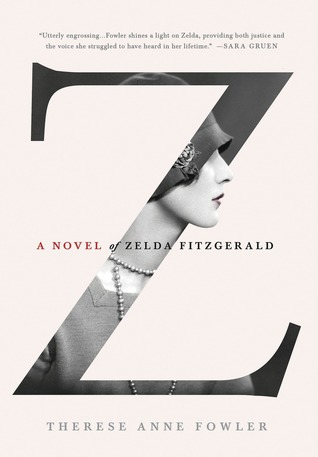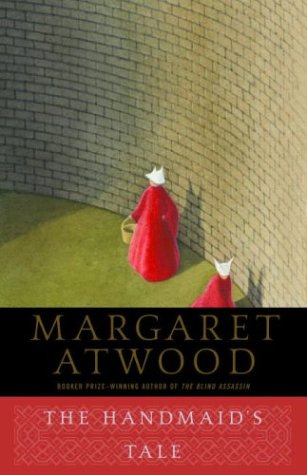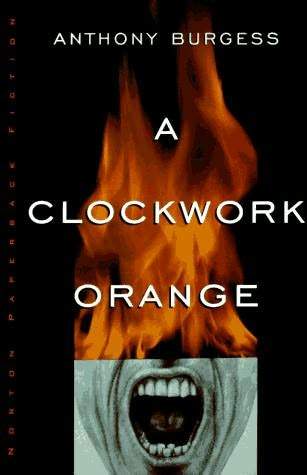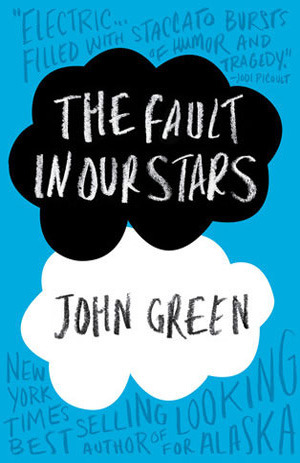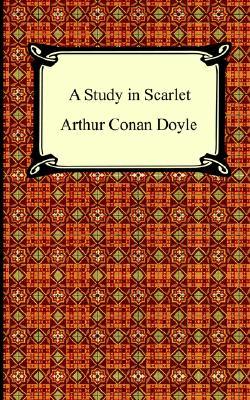Cruel Crazy Beautiful World takes place in both Zimbabwe and South Africa. Troy Blacklaws writes about two different characters by using third person during one chapter while writing about Jabulani, a Zimbabwean man trying to make it into South Africa, and then switching to first person in the next chapter while writing about Jerusalem (Jero), a young man, half Muslim/half Jewish, in South Africa. Blacklaws continues this back and forth between chapters throughout the novel, exposing the harsh conditions of living in post-apartheid South Africa.
Jabulani is trying to run from Zimbabwe to South Africa because his family is poor. He hopes to make it to South Africa so he can find a job and relocate his family. However, traveling from Zimbabwe to South Africa can be dangerous because illegal marijuana growers hunt for male refugees to enslave and females to force into sex slaves. Jabulani’s journey to South Africa soon becomes a nightmare that includes slavery, murder, and revenge. Eventually, Jabulani’s story converges with Jero’s story in South Africa.
Jero, on the other hand, struggles with racism between whites and blacks in South Africa, but also between blacks from different African countries. His father, Zero, tasks Jero to sell small animal trinkets while Zero acts as vigilante across the country, exposing those who illegally eat monkeys, sell and rape women, and enslave others. Jero’s mother is an empty shell, lost in memories of her daughter, who was kidnapped, raped, and killed years prior. As Jero falls in love with a white English girl living in Hermanus, he must deal with the racism in his country, the disappointment his father feels for him, and an absent mother. Finally, he must learn that there is good in South Africa, and there is something to live for.
While there was much to enjoy in the story-line of this novel, there were a few issues I had with the writing. Blacklaws regularly uses African terms and exposes them with the use of italics. However, they are never truly defined. Normally, in these circumstances, one would expect to gain understanding through future text, but oftentimes enlightenment did not come. I found myself distracted by the colloquial language because I had to continually look words up, which interrupted the story. In addition, Blacklaws often uses poetic language while writing. In other occasions, I might find this tactic entertaining. Nevertheless, I found his habitual use of alliteration exhausting and elementary at times. For example, “Poor tiddly tortoise, tuts Phoenix.” I had a difficult time understanding if this statement is supposed to understate the situation at the time or to blatantly make me laugh. Finally, occasionally, I felt like Blacklaws gave up on trying to find descriptive words for things he was trying to describe. “Jaggy-tooth things” is hardly a way to describe what a character is seeing.
The Verdict
Library Bag: Even though I was often disappointed with the writing style, I felt the story-line was engaging and worth reading. Check it out at the library and read it.
